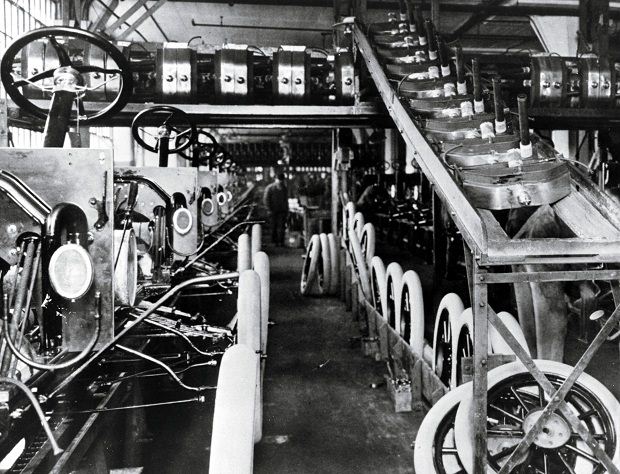ADVERTS
What is Industrial Capitalism
Industrial capitalism is a segment of capitalism linked to the development of technologies to increase company profits.
To reduce the cost and problems caused by employees, the capitalist system itself was forced to stimulate the evolution of equipment and productivity models to guarantee the accumulation of wealth. Therefore, in most companies, production has ceased to be manufacturing and is now mechanized.
ADVERTS
Industrial capitalism is primarily identified between 1780 and 1870, a time when the social classes were salaried workers, landowners and the industrial bourgeoisie.

Industrial capitalism modified the then dominant financial capitalism. In industrial capitalism, the working class was forced to accept companies' profit determination at any cost, including firing employees in exchange for equipment to do the work.
Removed from the fundamental role of production, the working class had to adjust to the new format and seek training to meet the new capitalist model. Even so, the guarantee of survival with work is not right for everyone. The proletariat class then emerges, which is those who are forced to sell their own labor as merchandise.
ADVERTS
Salaried work is a social relationship in force in industrial capitalism. Industrial capitalism is present today in all branches of production, from metallurgy to chemicals, including food, etc.
Para que a industria funcione corretamente, ela necessita de eletricidade e segurança energética, por isso a locação de geradores é fundamental para que o ciclo do capitalismo industrial funcione corretamente.
